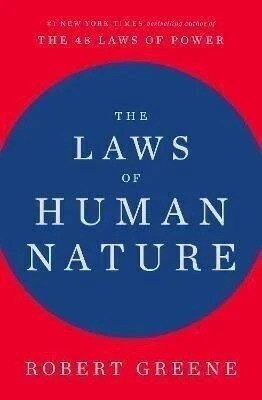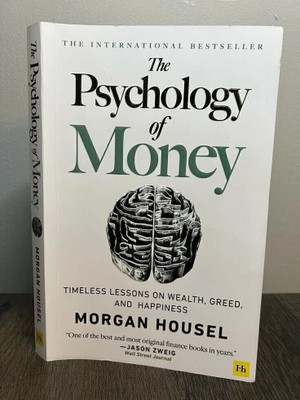
English Modal Auxiliary Verbs (English, Paperback, Joshi Manik)
Price: Not Available
Currently Unavailable
Highlights
- Language: English
- Binding: Paperback
- Publisher: Createspace Independent Publishing Platform
- Genre: Foreign Language Study
- ISBN: 9781492743293, 1492743291
- Edition: 2013
- Pages: 126
Description
English modal auxiliary verbs - may, might, can, could, will, would, shall, should, must, need, used(to), ought(to), dare different patterns and examples may and might are used to express- possibility, compulsion, obligation, probability (in present and future) can, could are used to express- ability, probability, possibility, suggestion, request, condition will, would are used to express- action in future, present habit, compulsion, obligation shall, should are used to express- action in future, suggestion, surprise, importance or purpose need is used to express necessity used(to) is used to express- past habit ought(to) is used to express- probability, recommendation, obligation, advise dare is used to express- be brave enough to SAMPLE THIS: Modal Auxiliary Verb -- May and Might- 'May' and 'Might' are used to show Possibility. 'May' and 'Might' are used to show Probability. 'May' and 'Might' are used to ask for Permission. 'May' and 'Might' are used to give Permission. Some Important Uses of 'May' and 'Might' * To give Permission-- You may contact us for queries regarding donations. When you have finished your work you may go home. To say what the purpose of something is. We eat that we may live. Her prayer was that the child might live. That he might be well fed his mother starved herself. To admit that something is true before introducing another point, argument, etc. You may not return to past glory, but don't stop believing. City may not have the roads to drive sports car, but it has excellent infrastructure. It may not be wise, but using force may be lawful. I may not have deserved the house I bought, but I'm glad I own it. He may not have been loved, but he was respected. We may have had to go without food, but he is very considerate.-- 'May' is used to express whishes and hopes -- May you live prosperous life! Difference between 'May' and 'Might'-- Note: 'Might' is the past equivalent of 'may' in indirect speech. But it is used in the same way as 'may' to talk about the present or future. 'May' denotes more probability/more possibility 'Might' denotes less probability/less possibility It may rain tomorrow (Perhaps a 75% chance) - More possible It might rain tomorrow (Perhaps a 50% chance) - Less possible 'Might' also denotes 'would perhaps'-- You might attract President's attention later. (= Perhaps you would attract.) He might have to go (Perhaps he had to go.) 'Might' has limitations while 'asking permission' 'Might' is very polite and formal. It is not common. It is mostly used in indirect questions. I wonder if I might work on your computer. Note: 'Maybe' is an adverb. ['Maybe' means 'perhaps'] Maybe he came to know something secret and was removed from the post. Following are Common Patterns for using Modal Verb 'May' and 'Might': Use of Modal Auxiliary 'May' -- 01 Possibility/Probability (In Present and Future) PATTERN May + First Form of Verb It may take four months to recover. He may install camera. It may work this time. His arrest may spell fresh trouble. The long wait may end today. It may help do away with surgery. The tough times may continue in the coming months. They may frame false charges against him. Government may take more steps to curb gold. That stage may come. When this bird flies away, it may take me to somewhere. It may rain day after tomorrow. One may go for matching the genetic horoscope. State may buy electricity from central pool. PATTERN May + Be + Third Form of Verb [Passive Voice] -- Prisoners may be subjected to mental-torture. The meeting may be held early next week. The burden may be passed on to mobile users. His identity card may be misused. Polls may be advanced. It may be increased over the years.
Read More
Specifications
Book Details
| Imprint |
|
| Publication Year |
|
Dimensions
| Width |
|
| Height |
|
| Length |
|
| Weight |
|
Be the first to ask about this product
Safe and Secure Payments.Easy returns.100% Authentic products.
Back to top






